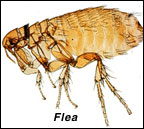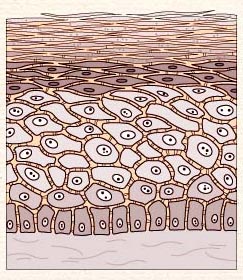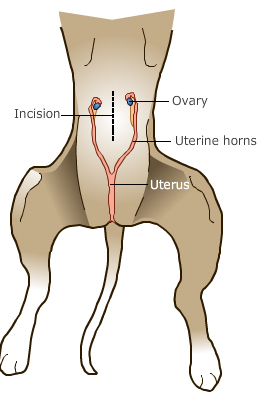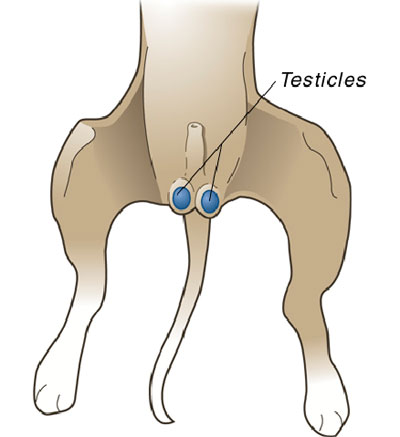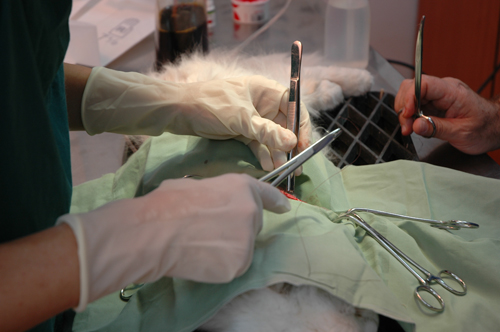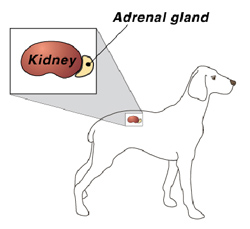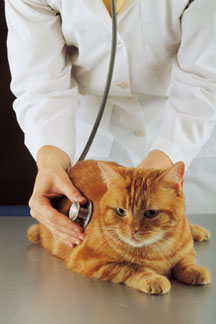Congratulations on your new puppy! Thank you for choosing us to help protect and care for your new addition to your family.
Our puppy wellness program is designed to help get your puppy started on the right path to a long and healthy life. The first few months are a critical period in your puppy’s development, and we can give you the support and tools necessary to help him or her grow into a well-mannered, healthy dog, including information and advice on nutrition, training, behavior, and socialization.
Schedule your puppy for his or her first exam as soon as possible. Until your puppy has received a series of vaccines, he or she is susceptible to many serious but preventable diseases. We will make sure your new dog is protected against rabies, distemper, and parvovirus, among other diseases. Your puppy will also need to be tested and treated for parasites, which are extremely common in young dogs.
Most puppies have roundworms, which are intestinal worms that can cause vomiting, diarrhea, and other gastrointestinal signs (although dogs can have worms without showing any symptoms). It is important for puppies to be treated for roundworms, not only to rid them of the infection but also to prevent you and the rest of your family from becoming infected. Roundworms are a zoonotic parasite, which means they can be transmitted from pets to people. By ensuring that your puppy is properly treated, you can keep your entire family safe from these and other parasites.
We look forward to meeting your new puppy! Schedule your appointment today.
